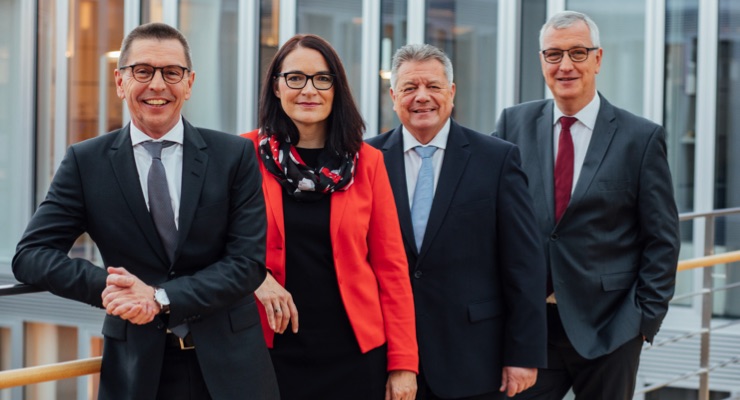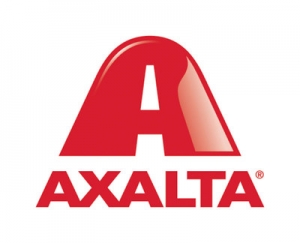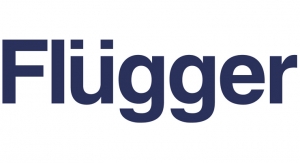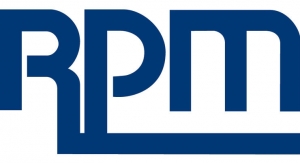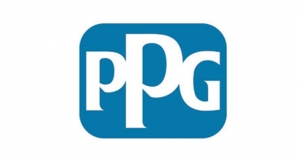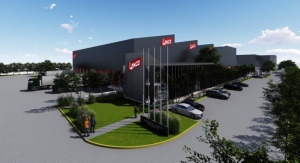03.26.21
The Zeppelin Group said it closed the 2020 financial year with another increase in sales and earnings (EBITDA) and also presented very solid earnings before taxes.
With Group sales of €3.3 billion (previous year: €3.1 billion), an EBITDA of €394 million (previous year: € 376 million) and a net profit before tax of €125 million (previous year: €134 million), the Group once again was able to increase its sales and report a very attractive result despite pandemic-related pressure and integration expenses for acquisitions made in the previous year.
"With the global COVID-19 pandemic, 2020 has presented Zeppelin with major challenges," said Peter Gerstmann, chairman of the Management Board of Zeppelin GmbH. "The experience we gained during the 2008/2009 financial crisis and the strategy we developed, as a result, are key reasons why Zeppelin has overcome the situation so well. Sales and earnings in 2020 prove that the Group is holding its ground in a difficult market environment and is a reliable key figure for customers and business partners. More than anything, it is the people who make Zeppelin. We are proud of the commitment and tireless devotion of all Zeppelin employees in this difficult environment."
"Zeppelin reacted very quickly to the new situation and set up crisis management to ensure our range of services for our customers and to safeguard internal performance in the areas of HR,
finance, IT services and infrastructure," said Christian Dummler, managing director and CFO of Zeppelin GmbH. "The excellent collaboration between the crisis management teams, general management and employee representatives, as well as the Supervisory Board, has made the good results of the 2020 financial year possible. Creditreform Rating AG sees things the same way and in autumn 2020 gave the Zeppelin Group an above-average rating of 'A' – the package of measures that we quickly implemented against the backdrop of the pandemic, as well as an adequate focus on the future and investments in the contemporary expansion of infrastructure and IT systems were positive factors in the assessment. We see this as confirmation that we are on the right path."
As a whole, the Zeppelin Group said it was affected by the pandemic in many ways. Temporary uncertainty in the markets, slow public procurement, and closed construction sites due to partial lockdown in some of the markets relevant to Zeppelin led to a noticeable drop in the market and sales of construction equipment.
The cancellation of major events and the delayed award of contracts in motorway construction had a detrimental impact on the rental business, and the standstill in the cruise ships segment significantly impaired Zeppelin’s business with engines and propulsion units.
In addition to COVID-19, the markets in Eastern Europe and Russia were heavily affected by sanctions and geopolitical tensions due to armed conflicts between Armenia and Azerbaijan, domestic conflicts in Belarus, and political interdependencies in Russia.
The integration of the newly acquired service and sales territories for Caterpillar products in Sweden, Denmark, and Greenland was in line with expectations and enabled the Group to grow its sales again despite the difficult environment.
Adjusted for the sales growth arising from the acquisition of the previous year, sales fell by five percent due to the effects of the pandemic.
Accordingly, net profit after tax was affected by the expenses for the integration of the new business and the actual decline in volume. Earnings (EBITDA) adjusted for depreciation rose again compared to the previous year and show the actual profitability of the Group in the crisis.
The decline in the markets temporarily required short-time work at various places in the Zeppelin Group. At a very early stage, the company took advantage of the possibilities offered by flexible working time models and allowed remote working as a solution to tackle the pandemic and activity stoppages.
Despite the adverse circumstances, Zeppelin has developed its business segments and expanded its range of temporary energy and climate solutions by acquiring the operations of Energyst Rental Solutions. The acquisition of parts of MTI Mischtechnik strengthens the range of solutions for mixing and processing high-quality bulk materials in the specialty chemicals segment.
The development of the global economy will depend to a large extent on the containment of the COVID-19 pandemic and regulations on global trade disputes and sanctions.
Geopolitical tensions and volatile oil prices are also affecting some of Zeppelin's key markets.
Nevertheless, Zeppelin is cautiously optimistic about the future and expects the regional businesses relevant to the Group to be stable and will benefit from the expected growth in commodity markets.
Expected market stabilization will be supported by increased public investment in Central Europe and the continuation of state infrastructure projects in Russia and Ukraine.
New growth opportunities are opening up with the introduction of a new generation of mobile excavators and material handlers by the manufacturing partner, Caterpillar. Zeppelin is also expecting growth stimulus from the positioning of products and services in the area of emergency power generators for data centers in the northern and eastern European markets.
The growth strategy launched in Scandinavia will continue in 2021 with, among other things, the expansion of financing solutions for customers, and the opening of new sites. The year will also see the operational integration of the newly acquired Energyst Rental Solutions and the integration of major parts of MTI Mischtechnik.
In terms of digitalization, Zeppelin continues to invest in the establishment of a global data infrastructure as an essential foundation for the further development of digital business models and platforms to align services and offers with future requirements.

